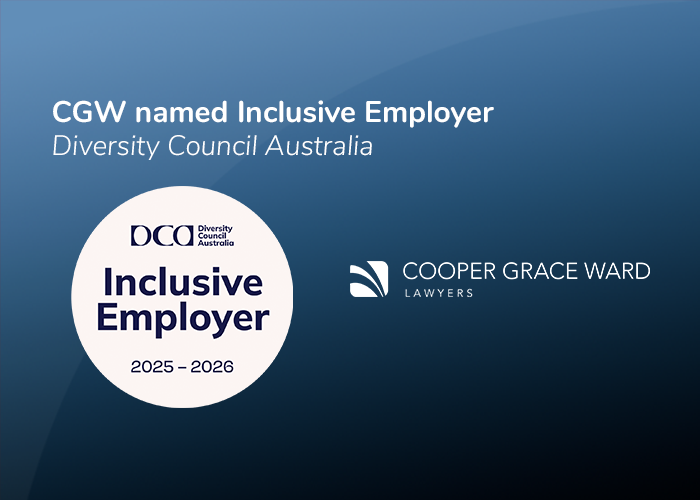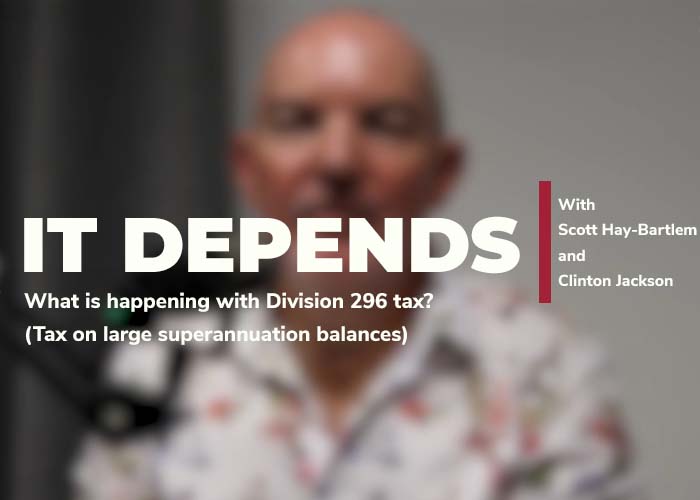This case, which was heard before Judge Barker of the Federal Court, was a consideration of the appropriate penalty to be granted.
Initially, the ACCC brought proceedings against Safe Breast Imaging Pty Ltd (SBI) in relation to alleged false representations made to customers about the imaging services SBI provided.
It was found that the SBI had falsely represented that the Multifrequency Electrical Impedance Mammograph (MEM Device) it used could provide an adequate scientific medical basis for:
- assuring a person that they did not have breast cancer;
- assessing whether a person may be at risk from breast cancer; and
- using SBI’s service as a substitute for a mammogram.
The Court also found SBI had made false representations that the preparation of their Breast Health Report was performed by a medical doctor.
Each of these representations were found to be in contravention of a number of sections of the Trade Practices Act and Australian Consumer Law (ACL), as being misleading and deceptive, false or misleading as to the performance characteristics, uses or benefits of SBI’s breast imaging, and liable to mislead the public as to the nature, characteristics and suitability for purpose of its breast imaging service using the MEM Device.
The sole director, Ms Firth, was found to be the controlling mind of SBI and party to the contraventions by SBI, having been knowingly involved in the conduct.
The ACCC sought orders that SBI pay a penalty of $550,000, and Ms Firth pay $110,000. When determining the appropriate penalty, the Court considered that:
- there was one extended course of conduct involving SBI marketing to the public, in various ways, the breast imaging service that it offered, which carried with it the impugned representations. To separate the medical practitioner representations from the other representations, and impose a punishment for each set of representations would produce an ‘artificial and unjust’ outcome;
- the penalty should not be so high as to be oppressive, or so low as to constitute an acceptable cost of doing business;
- the penalty needed to be necessarily high in order to ensure deterrence; and
- even though there was no evidence of actual injury, illness or harm to any particular person to whom representations were made, the risk of serious harm to the health and safety of consumers was at play.
Accounting for all these considerations, the Court ordered SBI to pay a penalty of $200,000, and Ms Firth to pay a penalty of $50,000 for her direct involvement, even though it was noted by the Court that at all times Ms Firth passionately believed SBI’s service would assist women.
SBI and Ms Firth were also restrained from making further false representations, and ordered to notify all the customers of the conduct via corrective communications.
For directors of companies, it is important to note that Ms Firth was also disqualified from managing a corporation for four years as a result of her involvement.
The case illustrates that the ACCC will not hesitate in using its powers to protect consumers from misleading conduct by companies and senior management and highlights the importance of obtaining appropriate advice to ensure that statements made in marketing and advertising material do not contravene the Australian Consumer Law.



